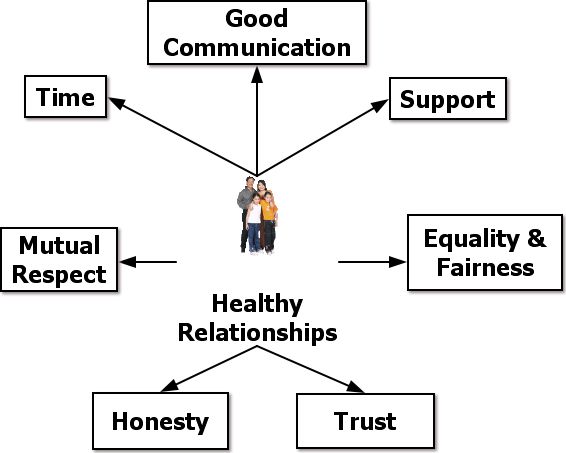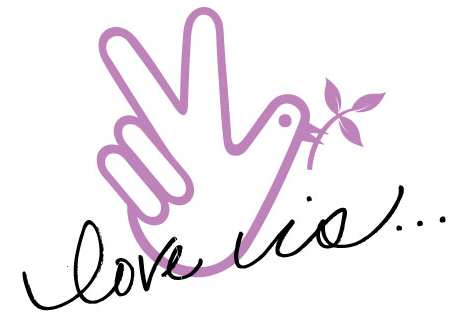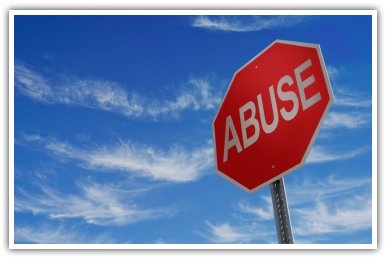 At Coffee Hour on January 25th, representatives from MIT Community Wellness spoke to Sidney-Pacific residents about relationships. The discussion started off with a sobering statistic: 1 in 3 American women will be victims of relationship abuse during their lifetime (American Psychological Association). In a collaborative effort, residents came up with verbal, emotional, physical, and sexual aspects of healthy and unhealthy relationships. Some of the characteristics of unhealthy or abusive relationships seemed obvious, such as physical violence. Even if there has only been one incident, it is not appropriate to contextualize physical violence: it is a warning sign of probable escalation that must be taken seriously. Residents were also reminded that relationship abuse is not always physical. A partner can be verbally or emotionally abusive, and this should be taken no less seriously. Indeed, this type of abuse can precede physical violence, and should be seen as a red flag. Verbal abuse is expressed through the way one partner communicates with the other, such as in a threatening, disrespectful, or humiliating manner. Emotional abuse may be manifested through subtle actions, such as isolating the partner from friends and family, excessive jealousy, constantly checking up on the victim’s whereabouts, and/or controlling where they go and who they are with at all times. The abuser may blame their actions on alcohol, or their temper: remember, there is never any excuse for abuse. In all types of abusive relationships, one partner employs a pattern of controlling behavior used to gain power over the other person in the relationship. If you suspect a friend is in an abusive relationship, speak up: express your concerns and offer your emotional support/help. Listen to them: they may not be emotionally ready to end the relationship. Do not be judgmental: it is NEVER the fault of the victim. Be there for them, and refer them to MIT Medical’s 24-hour confidential Violence Prevention and Response hotline: 617-253-2300. If there is immediate physical danger call the police. To learn more go to http://medweb.mit.edu/wellness/programs/violence_prevention.html
At Coffee Hour on January 25th, representatives from MIT Community Wellness spoke to Sidney-Pacific residents about relationships. The discussion started off with a sobering statistic: 1 in 3 American women will be victims of relationship abuse during their lifetime (American Psychological Association). In a collaborative effort, residents came up with verbal, emotional, physical, and sexual aspects of healthy and unhealthy relationships. Some of the characteristics of unhealthy or abusive relationships seemed obvious, such as physical violence. Even if there has only been one incident, it is not appropriate to contextualize physical violence: it is a warning sign of probable escalation that must be taken seriously. Residents were also reminded that relationship abuse is not always physical. A partner can be verbally or emotionally abusive, and this should be taken no less seriously. Indeed, this type of abuse can precede physical violence, and should be seen as a red flag. Verbal abuse is expressed through the way one partner communicates with the other, such as in a threatening, disrespectful, or humiliating manner. Emotional abuse may be manifested through subtle actions, such as isolating the partner from friends and family, excessive jealousy, constantly checking up on the victim’s whereabouts, and/or controlling where they go and who they are with at all times. The abuser may blame their actions on alcohol, or their temper: remember, there is never any excuse for abuse. In all types of abusive relationships, one partner employs a pattern of controlling behavior used to gain power over the other person in the relationship. If you suspect a friend is in an abusive relationship, speak up: express your concerns and offer your emotional support/help. Listen to them: they may not be emotionally ready to end the relationship. Do not be judgmental: it is NEVER the fault of the victim. Be there for them, and refer them to MIT Medical’s 24-hour confidential Violence Prevention and Response hotline: 617-253-2300. If there is immediate physical danger call the police. To learn more go to http://medweb.mit.edu/wellness/programs/violence_prevention.html
 After brainstorming warning signs of abusive relationships, Sidney Pacific residents started coming up with components of healthy relationships. The take-away from the evening: when in doubt, ASK! Whether it’s at the beginning of a relationship with a new boyfriend or girlfriend, or with your fiancé, asking the other person if they would like to do ___ (kiss, hold hands, have sex, you name it…) is always the gentlemanly/ladylike thing to do. A simple “Hey, I really like you, and I’d really like to kiss you right now. Is that ok?” establishes a balance of power on a date, or in a new relationship. Additionally, the importance of communication was stressed: communication about what each partner is or is not comfortable with, communication about birth control/contraceptive choices, etc. So this month, with Valentine’s Day just passed, let’s take a moment to celebrate healthy relationships!
After brainstorming warning signs of abusive relationships, Sidney Pacific residents started coming up with components of healthy relationships. The take-away from the evening: when in doubt, ASK! Whether it’s at the beginning of a relationship with a new boyfriend or girlfriend, or with your fiancé, asking the other person if they would like to do ___ (kiss, hold hands, have sex, you name it…) is always the gentlemanly/ladylike thing to do. A simple “Hey, I really like you, and I’d really like to kiss you right now. Is that ok?” establishes a balance of power on a date, or in a new relationship. Additionally, the importance of communication was stressed: communication about what each partner is or is not comfortable with, communication about birth control/contraceptive choices, etc. So this month, with Valentine’s Day just passed, let’s take a moment to celebrate healthy relationships!
By Sunny Vanderboll

